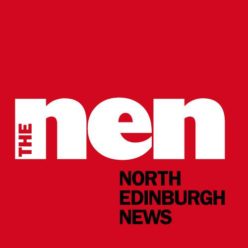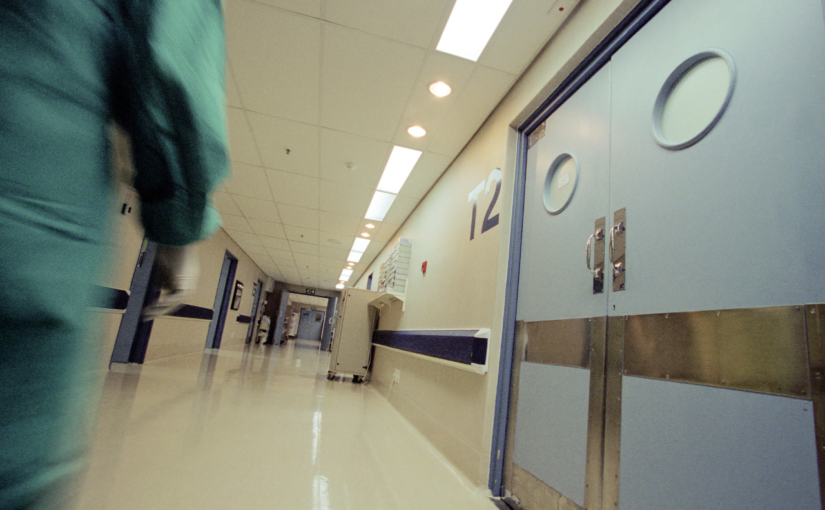- The UK will send 1,000 more ventilators for use in India’s hospitals
- The Chief Medical Officer, Chief Scientific Adviser and NHS staff have given help and advice to their Indian counterparts
- Fresh assistance follows medical relief sent by the Government last week and a surge in support from the British people to India
- On Tuesday the Prime Minister will hold a virtual meeting with Indian Prime Minister Modi to discuss deepening cooperation between the UK and India

India’s fight against a surge in coronavirus cases will be reinforced by new UK Government support announced by the Prime Minister today. 1,000 ventilators will be sent from the UK’s surplus supply to Indian hospitals to help the most severe Covid cases.
This is in addition to 200 ventilators, 495 oxygen concentrators and 3 oxygen generation units the UK announced we were sending to India last week.
Chief Medical Officer Chris Whitty and Chief Scientific Adviser Patrick Vallance have also spoken to their Indian counterparts to provide advice, insight and expertise to the Indian healthcare system as it deals with the world’s worse surge in Covid levels.
NHS England is also establishing a clinical advisory group led by Chief People Officer Prerana Issar to support India’s Covid response. The group will work with Indian institutions such as the All India Institute of Medical Services to share experience on managing Covid outbreaks.
The group will include researchers in public and global health, alongside nursing and other health professionals who have experience of the Indian healthcare system.
In a powerful demonstration of what Indian Prime Minister Modi has called the ‘living bridge’ between our countries, over the last week British people have come to the support of India in huge numbers. Businesses, civil society and the wider public have responded to appeals for help and launched funding drives.

This includes the British Asian Trust’s ‘Oxygen for India’ emergency appeal, which is raising funds for oxygen concentrators to be rapidly deployed to Indian hospitals. The BAT appeal, which has been personally backed by the Prince of Wales, has raised more than £1.5m in the last week.
Virgin Atlantic also flew 200 boxes of oxygen concentrators to Delhi on Saturday, after partnering with Khalsa Aid. Further cargo space will be given free of charge on 6 flights to India in the next week, in association with The Red Cross.
India has also provided support to the UK throughout the coronavirus pandemic. As the ‘pharmacy of the world’ the country has kept its borders open to supply the UK with vital medicine and PPE – exporting over 11 million face masks and 3 million packets of paracetamol over the course of 2020.
On Tuesday the Prime Minister will hold a virtual meeting with Prime Minister Modi to agree a huge range of commitments to deepen cooperation between the UK and India, including on fighting the coronavirus pandemic.

Prime Minister Boris Johnson said: “The terrible images we have seen in India in recent weeks are all the more powerful because of the close and enduring connection between the people of the UK and India.
“I am deeply moved by the surge of support the British people have provided to the people of India and am pleased the UK Government has been able to play our part in providing life-saving assistance.
“The UK will always be there for India in its time of need.”

The world is safer and stronger because of work between the UK and India. The Oxford-AstraZeneca vaccine, for example, was developed in the UK, is currently being produced in the millions by India’s Serum Institute and will be distributed to the world at cost through COVAX.
It is those shared values of openness and the pursuit of knowledge and scientific advancement for the betterment of our societies that lie at the heart of the relationship between the UK and India. During his call with Prime Minister Modi the Prime Minister will emphasise the importance of working with India to promote our shared values.
India is the largest democracy in the world, a fellow Commonwealth country and in June Prime Minister Modi will travel to the UK to attend the G7 Summit as a guest – one of four world leaders invited to join the Summit of leading democracies.

Foreign Secretary Dominic Raab said: “This support will help urgently meet some of India’s acute needs, particularly oxygen for patients. We are determined to help our Indian friends in their hour of need.
“We need to all work together to defeat Covid-19. No one is safe until we are all safe.”

Health and Social Care Secretary, Matt Hancock said: “As a close friend of India, we have all felt the harrowing scenes and are determined to do all we can. Only a few months ago we felt the pressure of the pandemic here in the UK. This virus attacks all of us and in the battle against coronavirus, we’re all on the same side.
“This additional support will provide more capacity and expertise to help save lives and support India’s healthcare system. We will continue to work closely with the Indian government during this immensely challenging time.”




